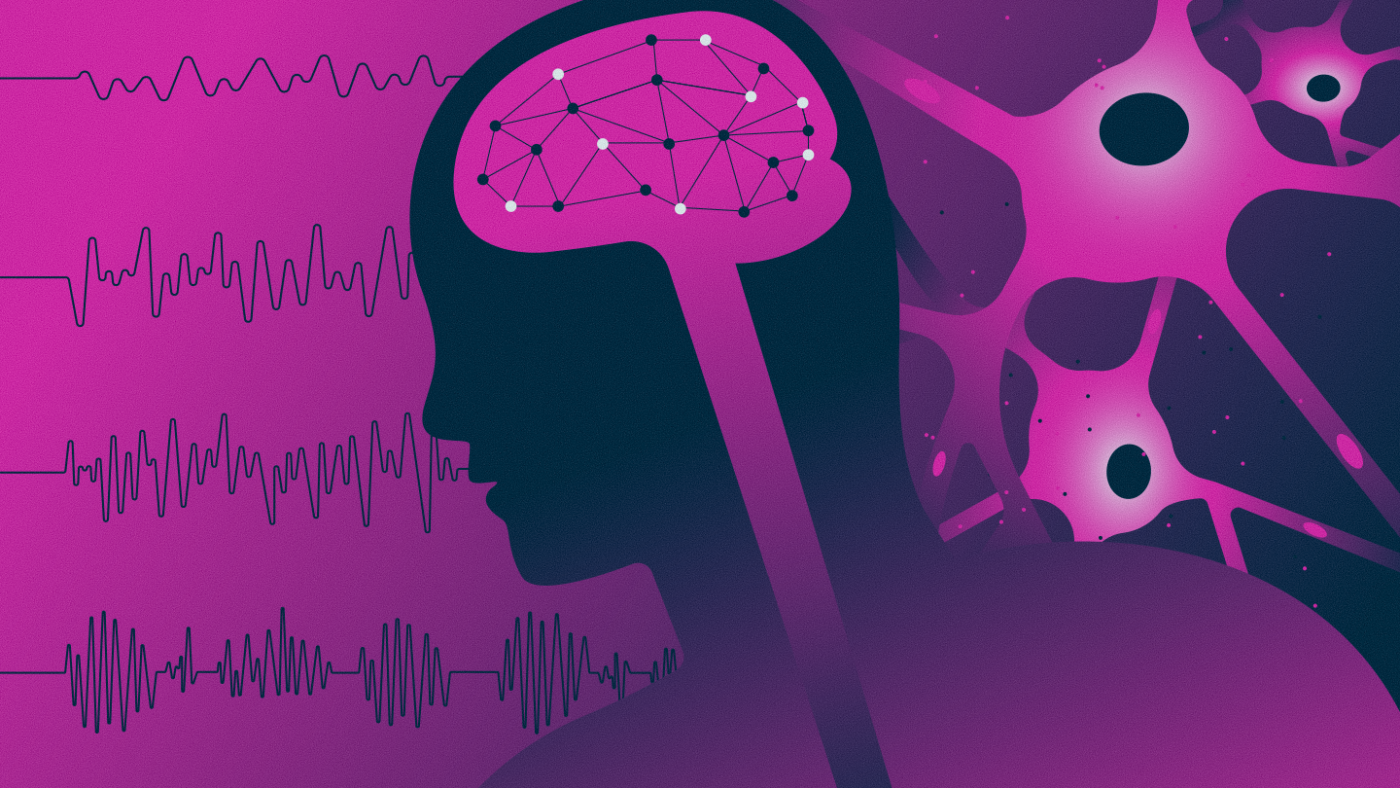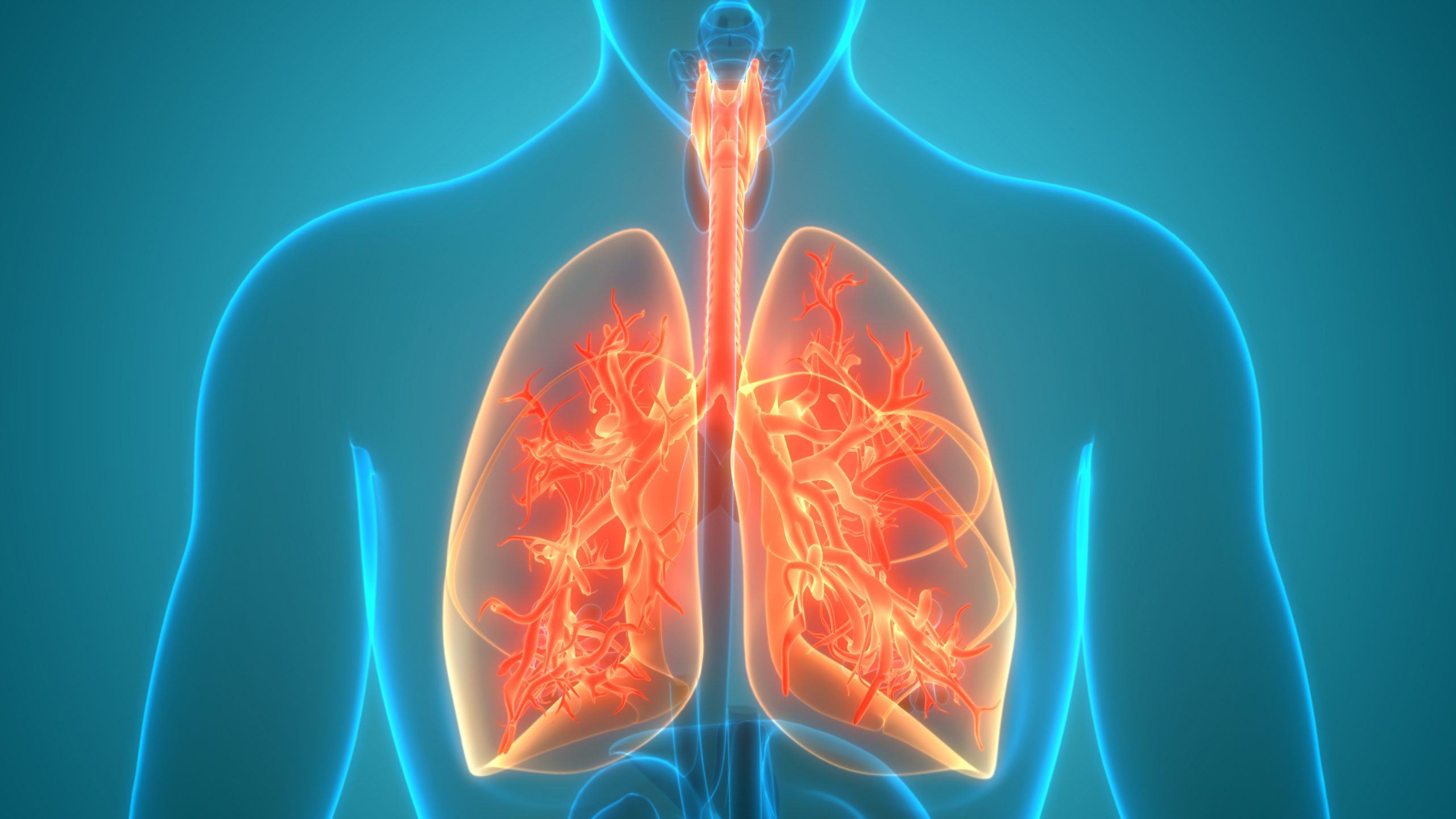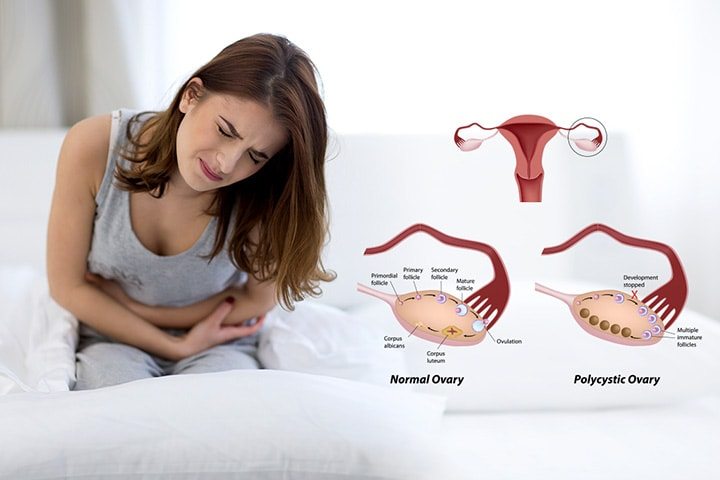There are no products in your cart
Categories
TOP
TOP
- 1. COVID -19 SEJOY rapid antigen test for nasal passages
- 2. Rapid test for COVID-19 antigens
- 3. AteroLip complex N90. Better price!
- 4. 3 PCS of AteroLip complex N90 better price!
- 5. BASICA SPORT, 660 g
- 6. 4 PCS of AteroLip complex N90 better price!
- 7. A+E vitamins Nourishing Ointment 60g BIG PACK
- 8. Sale! 3 PCS of FORCAPIL, effective nutritional supplement for ...
- 9. Orthomol Immun (30 daily doses)
- 10. Orthomol Arthro plus (30 daily doses)
Now Online
Now Online
We have 419 guests online
Health
What is epilepsy? Symptoms, causes and its types

Epilepsy is a chronic neurological condition characterized by recurrent epileptic seizures, which are caused by excessive electrical activity of neurons in the brain. A seizure can be very different and depends on which part of the brain is affected and how much of the brain is affected.
Flu and its effects on our health

Flu is an infectious disease caused by influenza viruses that affects the respiratory tract. This disease can be mild or severe and can even be fatal in severe cases. Colds and the flu are often confused, but the flu is a much more serious condition.Flu viruses belong to the Orthomyxoviridae family and are divided into three main types: A, B and C. Flu A and B viruses are the main causes of influenza in humans. They cause seasonal flu outbreaks and epidemics. Flu A viruses are more prone to mutations and genetic diversity, allowing them to cause pandemics. This is called antigenic drift and shift.
Why is tuberculosis one of the biggest public health challenges?

Tuberculosis, commonly known as TB, is an infectious disease caused by the bacterium Mycobacterium tuberculosis (Mtb). This bacterium usually infects the lungs, causing pulmonary tuberculosis, but it can also affect other organs in the body, such as the bones, urinary tract, nervous system, lymphatic system, and others, causing so-called extrapulmonary tuberculosis.
How does polycystic ovary syndrome affect women's quality of life?

Polycystic ovary syndrome (PCS) is one of the most common endocrine diseases in women, which directly affects reproduction and many other areas. Defined as a combination of hyperandrogenism and ovulation disorders, polycystic ovary syndrome (PCS) causes a range of symptoms that can include irregular menstrual cycles, excessive hair growth in unusual places (hirsutism), skin problems such as acne, and even infertility.
Hypertension. "Silent killer" - how to overcome it?

Hypertension, often called high blood pressure, is a condition in which the blood pressure in the arteries is persistently too high. Blood pressure is the force with which the blood presses against the walls of the arteries. Every time the heart contracts, it sends blood into the arteries. This is called the systolic blood pressure value. When the heart relaxes between contractions, blood pressure drops. This is called the diastolic blood pressure value.
More Articles...
Page 15 of 44






